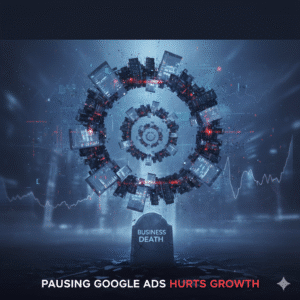Google PPC pricing keyword estimators can provide a general idea of the expected pricing for keywords in a campaign, but they may not always accurately predict the real pricing.
Here are a few factors to consider:
Competition
The pricing of keywords in a Google PPC campaign is influenced by the level of competition. If multiple advertisers are targeting the same keywords, it can drive up the bidding competition and increase the cost per click (CPC). The estimator may not have the most up-to-date information on the current competitive landscape, so actual pricing can vary.
Quality Score
Google considers the relevance and quality of your ads and landing pages when determining the CPC. If your ads have a high-quality score, you may be able to achieve a lower CPC compared to competitors with lower-quality ads. Estimators typically don’t take into account your specific quality score, so the predicted pricing may not be entirely accurate.
Ad Position
The position of your ad on search engine results pages (SERPs) can also affect the pricing. Higher ad positions generally have higher CPCs. The estimator may not provide information on the expected ad position, so the actual pricing can differ based on where your ad appears.
Real-Time Bidding

The pricing for keywords in a PPC campaign is determined through real-time bidding in Google Ads auctions. The estimators provide estimates based on historical data and trends, but the actual pricing can vary depending on the specific auction dynamics when your ad is shown.
It’s essential to use the estimator as a guideline to get a rough estimate of keyword costs, but it’s not a definitive predictor of real pricing. Monitoring and optimizing your campaigns regularly is crucial to manage costs effectively and achieve desired results.













